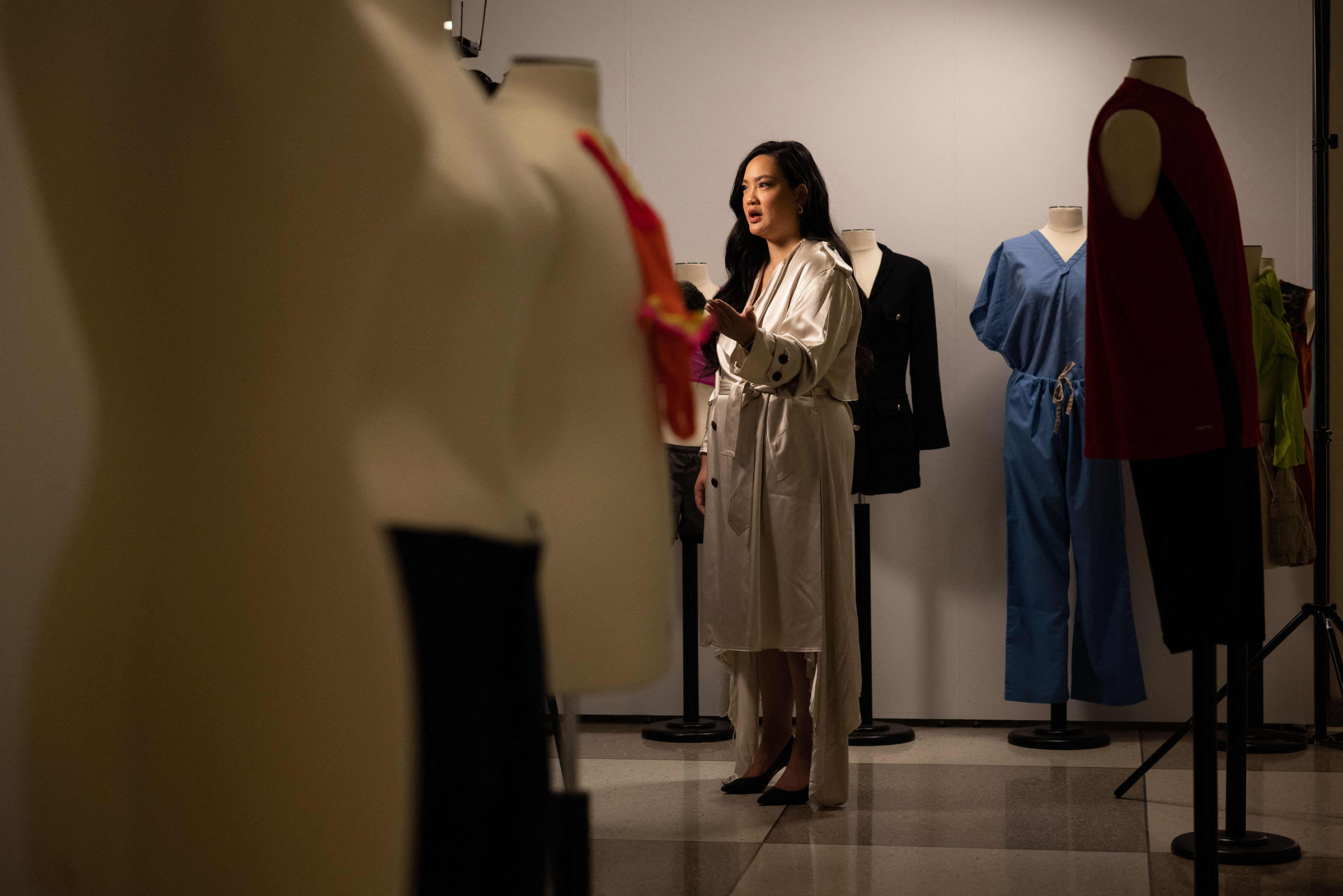I write today to tell the story of 1.3 billion women, the number of us—estimated by the World Health Organization, but known with harrowing certainty by each—to have survived acts of sexual violence.
This devastating violence brings wounds and strife into the lives of more than a third of all women on earth. And its cuts are rendered sharper, crueler, and more destructive to human dignity because of the routine frequency with which they are ignored or denied—including, historically, by those institutions uniquely equipped to shine a light on the crisis and validate the humanity of its survivors.
And yet 2022 bestowed a glimmer of hope. For the first time in its history, the U.N. General Assembly unanimously adopted a resolution focused solely on the rights of sexual violence survivors during peacetime. Survivors around the world worked for years to right this wrong with the simplest of requests: official recognition of the humanity—the existence—of these 1.3 billion women and others who have experienced sexual violence. The resolution at last affirmed survivors’ basic rights to equality under the law, extending access to justice and protections for survivors everywhere.
For six years I fought for my rights to be recognized by the United Nations. Through my nonprofit organization, Rise, we gathered a coalition of survivors from around the world to make our voices heard. When the U.N. resolution passed, it felt like a curse breaking—the weight of injustice lifted from my shoulders. But in its place, a new feeling emerged: the bittersweet recognition that justice should not be so hard to attain. The drum beat of progress cannot halt.
For survivors everywhere to truly be safe, two conditions must be met: (1) countries must have justice systems in place for survivors to seek recourse, and (2) survivors must be able to access those justice systems.
The 2022 U.N.G.A. resolution established an international standard for how all nations’ justice systems should treat survivors. Now those processes must be made accessible to all: the next frontier in the fight to end sexual violence is universal jurisdiction.
International law recognizes certain crimes to be so heinous that the duty to prosecute them transcends all borders. The perpetrators who commit such abhorrent crimes—genocide, torture, war crimes—are hostes humani generis, enemies of mankind. Any nation should have the authority to hold them accountable, regardless of where the crime was committed or the nationality of the perpetrator or the victim. This is universal jurisdiction.
In this spirit, I join my voice with the chorus of survivors worldwide to call upon countries across the globe to join us for a multilateral treaty campaign for universal jurisdiction over sex crimes.
By establishing universal jurisdiction, the international community would acknowledge the ubiquitous nature of the harms caused by sexual violence. This legal tool is particularly vital in cases where the local legal systems might be inadequate or unwilling to pursue justice, allowing survivors to find redress and safety. Furthermore, universal jurisdiction serves as a powerful deterrent, sending a clear message that these crimes will not be tolerated anywhere in the world.
In an interconnected world where perpetrators can easily evade justice by crossing borders, the need for universal jurisdiction grows increasingly urgent. Ending impunity and protecting survivors is the shared responsibility of the international community. All nations must protect survivors, and must hold rapists and sexual abusers to account.
On Sept. 11, survivors and allies shared the prestigious New York Fashion Week runway in a celebration of confidence, creativity, and self-expression as part of Rise’s third-annual Survivor Fashion Show. This event marked the public launch of our treaty campaign; we welcome partners from civil society, government, business, and philanthropy to join us in making the world a safer place for survivors.
I am grateful for the forces within the U.N. that stood with survivors in 2022. And I am optimistic that when committed leaders take the next steps in the direction of human dignity on this issue, the rest of the world will follow.
Amanda Nguyen is a civil rights activist and the CEO and founder of Rise. She was nominated for the 2019 Nobel Peace Prize and featured in TIME’s 2022 Women of the Year.
- The 100 Most Influential People of 2024
- How Far Trump Would Go
- Scenes From Pro-Palestinian Encampments Across U.S. Universities
- Saving Seconds Is Better Than Hours
- Why Your Breakfast Should Start with a Vegetable
- 6 Compliments That Land Every Time
- Welcome to the Golden Age of Ryan Gosling
- Want Weekly Recs on What to Watch, Read, and More? Sign Up for Worth Your Time
